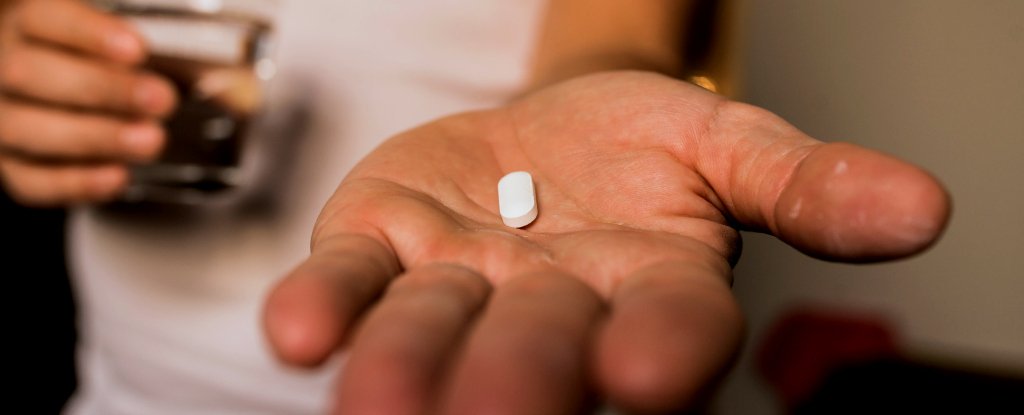
The plot thickens.
In recent years, bacteria have been growing increasingly resistant to antibiotics – our strongest weapon against them.
It’s generally thought that it’s the overuse of antibiotics driving this trend, but now it looks like non-antibiotic medications can play a significant role too.
Specifically, as researchers from Australia’s University of Queensland have just discovered, a drug called fluoxetine – a selective serotonin reuptake inhibitor (SSRI), and the key ingredient in antidepressants such as Prozac and Sarafem.
The researchers embarked on the study to demonstrate that it’s not just antibiotics that are triggering the rise of the superbug.
“Our previous study reported that triclosan, a common ingredient in toothpaste and hand wash can directly induce antibiotic resistance,” said engineer Jianhua Guo of the University’s Advanced Water Management Centre.
“We also wondered whether other non-antibiotic pharmaceuticals such as fluoxetine can directly induce antibiotic resistance.”
The test involved exposing the bacterium Escherichia coli (or E. coli) to different concentrations of fluoxetine, in body-temperature baths that were changed daily for 30 days.
After this, the mutated bacteria were transferred to agar plates that contained an antibiotic. The researchers found that these bacteria had a greatly increased resistance to antibiotics chloramphenicol, amoxicillin and tetracycline – up to 50 million-fold compared to the control.
Book Ad
Leaves From The Tree of My Life
by Bente Dammegard
Written a few years before the author Bente Dammegaard left this world: “At the moment I am 81 years old and live on the beautiful island of Mallorca, Spain. When I wrote the book I looked back on my life wondering how on earth I had succeeded in collecting so many years. Along the way I have become the mother of three wonderful and very different children, have spent a lot of my life as a translator and, as such, have translated books, films, comics and scientific texts. I have been an instructor of non-violent jiujitsu, been a teacher of languages for adults and never had a steady job but always been a free lance person, that is to say I have worked my bum off when others were on holiday, been a tourist guide at an old fortress/castle – which the Swedes built against us Danes, and I was the first and only one to conquer it. I am a Dane by birth, moved to Sweden in 1966 with husband and three children, lived there for more than 35 years and moved to Spain because the ice and snow on the roads of Sweden were just too much. I am now, more than ever, conscious of the fact that I – and nobody else in the universe – am responsible for how my attitude towards life is. I can choose to see myself as a victim and feel sorry for me, or I can see myself as surrounded by miracles, which I truly am, and be grateful.”

The stronger the concentration of fluoxetine, the faster the bacteria mutated over time.
And isolated mutant bacteria with a resistance to one of those antibiotics was also found to show multiple resistances against fluoroquinolone, aminoglycoside, β-lactams, tetracycline and chloramphenicol, the researchers found.
According to the researchers, up to 11 percent of the fluoxetine in medication travels through the body unchanged, and enters the environment via the sewer system after the patient urinates it out.
“Fluoxetine is a very persistent and well-documented drug in the wider environment, where strong environmental levels can induce multi-drug resistance,” Guo said.
“This discovery provides strong evidence that fluoxetine directly causes multi-antibiotic resistance via genetic mutation.”
That doesn’t mean that everyone needs to stop taking it immediately; for many people, fluoxetine is a fantastic life-saving medication. However, the study does point to other areas that need to be looked into.
First, it was conducted in the lab. How the drug impacts the microbiome inside the human body is yet to be investigated.
Second, what other non-antibiotic drugs could be having a similar effect?
A 2016 study estimated that by 2050, antibiotic-resistant superbugs will be killing 10 million people per year. So it’s vitally important that we figure this out – and try to find a way to fix it.
“[Fluoxetine] has previously been an invisible factor in the spread of antibiotic resistance,” said researcher Min Jin, “but we should consider this a warning.”
The research has been published in the journal Environment International.













